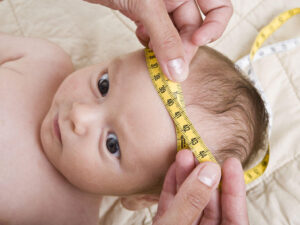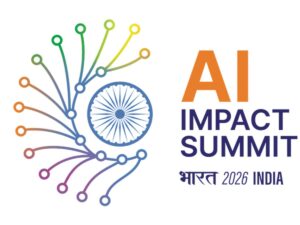KABUL (SW) – Consanguineous marriages or marriages among relatives are widespread in Afghanistan due to familial and cultural ties, leading to a number of genetic diseases, resulting in serious health issues for children.
In this report, Salam Watandar has spoken to at least 10 couples who have engaged in such family marriages. Of these couples, 7 reported observing notable genetic diseases in their children, including paralysis, neurological disorders, and even early death.
Bibi Hawa, who married her cousin 25 years ago and is now a mother of two, shared her heart-wrenching experience: “I have two children—a daughter and a son; both are sick. My daughter is nearly two years old and has a heart defect and malnutrition, while my three-year-old son suffers from depression; whenever he gets upset, he has a nosebleeding issue.”
Zia, who married his cousin 63 years ago and has 8 children, says that two of his children suffer from serious neurological and brain disorders, which have worsened over time. “Only two of them have issues. At first, they were fine, but we later learned from doctors that they have brain problems, linked to the fact that my wife is my cousin. We have sought extensive treatment, but their condition is severe. Several doctors have said there is a 95% risk involved in surgery due to their age.”
Zia also highlights the economic challenges they face, saying that “treatment costs are high. Just for medication and check-ups, it amounts to 5,000 to 6,000 afghanis monthly.”
Marwa, another woman who married her uncle’s son, recounts her tragic story of losing all her sons at birth while having five daughters. She regrets not having undergone any health screenings before marriage due to her illiteracy and lack of awareness.
Marwa says, “Back then, we were all uneducated; neither my husband nor I understood anything. We didn’t get checked, and now seeing our situation, we wish we had some knowledge before; we wouldn’t have regrets now, as it’s very hard for both us and our children.”
In Salam Watandar’s discussions with the 10 couples involved in consanguineous marriages, 3 reported having physically and mentally healthy children. Rahela, who married her aunt’s son, said that all their children are healthy, both physically and mentally, with no genetic diseases.
She adds, “In our families, most people who have married within the family have at least one child with paralysis. Thankfully, all my children are healthy.”
Nonetheless, obstetric specialists point out that 10% of their patients suffer from genetic diseases due to family marriages, with common issues being behavioral problems, body developmental delays, and neurological disorders in infants.
Sonita Bahram, an obstetrician, says, “Consequently, many newborns from such unions face various issues, including hearing impairment, night blindness, and Down syndrome.”
Other physicians emphasize the importance of pre-marital screenings, saying that many child disorders arise from family marriages and the lack of awareness among families.
Aqela Moradi, another obstetrician explains, “Raising awareness and conducting examinations before family marriages are crucial. Such unions can carry risks like the transmission of genetic diseases and hereditary disorders. Through genetic counseling and medical examinations, couples can ensure their own health and that of their future children.”
Social issues experts also highlight that family marriages contribute to reduced diversity and cultural inequality in society.
Tahmina Mangal, a social expert, remarks, “In traditional societies like Afghanistan, family marriages are viewed positively and can strengthen familial bonds. However, they may also lead to a lack of genetic diversity, increased risk of hereditary diseases, and cultural and social pressures, ultimately resulting in cultural inequalities and diminished cultural diversity.”
However, Sharafat Zaman Amarkhil, spokesperson for the de-facto Ministry of Public Health of the Islamic Emirate, tells Salam Watandar that the ministry does not have exact statistics on children affected by family marriages.






